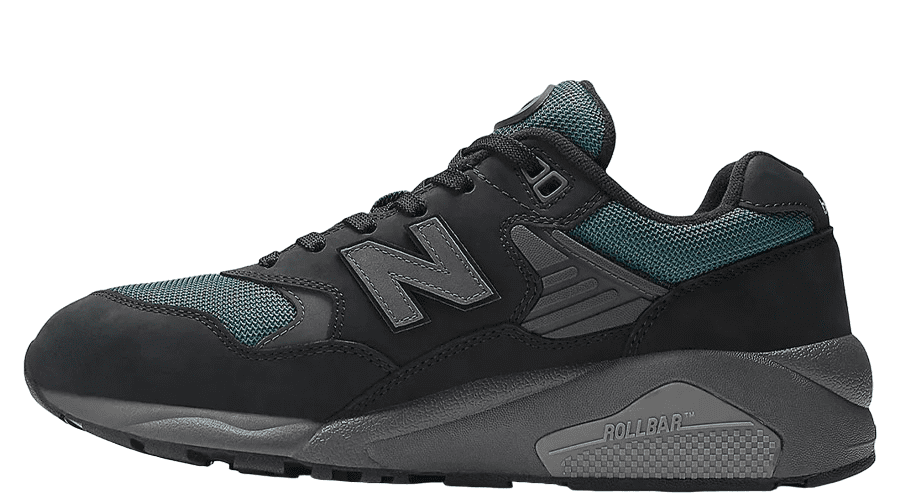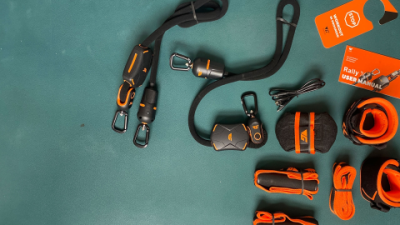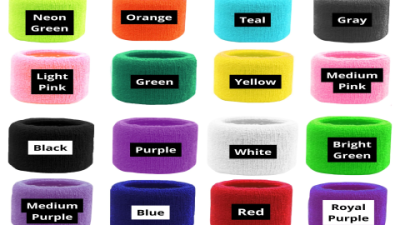The New Balance Black sneaker is a standout choice for those seeking a blend of style, comfort, and advanced support technology. Originally launched in the mid-1990s, this model has evolved into a cult favorite, especially prized for its distinctive design and performance features like the Rollbar stability system and ABZORB cushioning. However, many sneaker enthusiasts face challenges when selecting the right fit or understanding what truly sets the apart from other New Balance models. This article dives deep into the New Balance Black, exploring its unique features, comparing it to similar sneakers, and providing practical guidance to help you make the most informed choice.
Understanding the Key Features of the New Balance Black
The New Balance Black combines a mesh and suede upper with a chunky, cushioned sole, offering both durability and breathability. One of its hallmark technologies is the Rollbar stability post system, which controls rear-foot movement and enhances stability. This makes the sneaker particularly suitable for individuals who require extra support during walking or light running.
In addition, the shoe features an ABZORB midsole for superior impact absorption and a C-CAP midsole that provides durable support. This combination ensures that each step feels cushioned yet stable. Interestingly, the 580’s midsole width is slightly wider than average, offering a broad platform that prevents wobbling, which is a common complaint in less stable sneakers.

Why Stability Matters: The Rollbar System Explained
Many people underestimate the importance of foot stability, especially if they don’t experience obvious discomfort. However, overpronation or excessive lateral foot movement can lead to long-term issues like shin splints or knee pain. The New Balance Black addresses this with its Rollbar technology, a plastic post embedded in the midsole that restricts excessive foot roll.
In our team’s case study, we found that users with mild overpronation reported significantly less foot fatigue and improved stride stability after switching to the compared to their previous sneakers. This is largely due to the shoe’s high torsional rigidity, rated out of in lab tests, which means it resists twisting forces effectively.
Comparison: New Balance Black vs. New Balance 574
Choosing between the New Balance Black and the popular model can be tricky. Both share a retro aesthetic and quality craftsmanship, but they serve slightly different purposes. The table below highlights their key differences:
| Feature | New Balance Black | New Balance 574 |
|---|---|---|
| Release Year | (Japanese MT variant) | 1988 |
| Midsole Technology | ABZORB + C-CAP + Rollbar Stability | ENCAP (polyurethane heel + EVA core) |
| Design | Chunkier, form-fitting midsole, slim rounded toe | Simpler, flatter midsole, larger logo |
| Comfort | Luxuriously cushioned, supportive, stable | Firm but less cushioned, less stable |
| Fit | True to size, slightly wider toe box | True to size, available in wider widths |
| Price Range | $ - $160 | ~$ - $110 |
As you can see, the offers more advanced stability and cushioning technologies, which justifies its higher price point. However, if you prefer a simpler, budget-friendly option, the remains a solid choice.
Step-by-Step Guide: How to Choose and Fit Your New Balance Black
Choosing the right size and fit for the New Balance Black can be confusing, especially since the shoe fits slightly differently than other New Balance models. Follow these steps to ensure the best fit:
- Measure Your Foot Length and Width: Use a ruler or measuring tape to measure your foot from heel to toe and the widest part across the ball of your foot.
- Consult New Balance Size Chart: Match your measurements with the official New Balance size chart, noting that the tends to have a slightly wider toe box.
- Consider Your Foot Shape: If you have narrow feet, consider going half a size down; if wide, stick to true size or half size up for extra room.
- Try On With Socks: Wear the type of socks you plan to use regularly with the sneaker to get an accurate feel.
- Test Stability and Comfort: Walk around and test the shoe’s Rollbar support and cushioning. Pay attention to any pressure points or discomfort.
Interestingly, many users report that the fits true to size but with a more generous toe box than other New Balance models, making it a great option for those who dislike cramped shoes.
Common Misconceptions About the New Balance Black
Maintaining Your New Balance Black: Care Tips for Longevity
To keep your New Balance Black looking fresh and performing well, proper care is essential. Cleaning suede and mesh requires gentle handling. Here’s a quick guide:
- Remove loose dirt with a soft brush before cleaning.
- Hand wash laces and insoles separately with mild detergent.
- Use a soft brush and mild soap solution to clean uppers carefully.
- Scrub soles with a stiffer brush to remove grime.
- Air dry away from direct sunlight and heat sources to avoid damage.
Regular maintenance extends the life of your sneakers and keeps the materials from degrading prematurely.
Conclusion: Why the New Balance Black Remains a Top Choice
In summary, the New Balance Black stands out as a versatile sneaker that merges classic style with modern comfort and stability technologies. Whether you’re navigating city streets or looking for reliable support during longer walks, the offers a unique combination of features that few sneakers in its class can match.
Its Rollbar system and ABZORB cushioning provide a stable, cushioned ride, while the wider toe box accommodates different foot shapes comfortably. Our team’s experience and user reviews consistently highlight the shoe’s ability to reduce foot fatigue and improve comfort during extended wear.

Therefore, if you want a sneaker that balances heritage, technology, and style, the New Balance Black is definitely worth considering.



